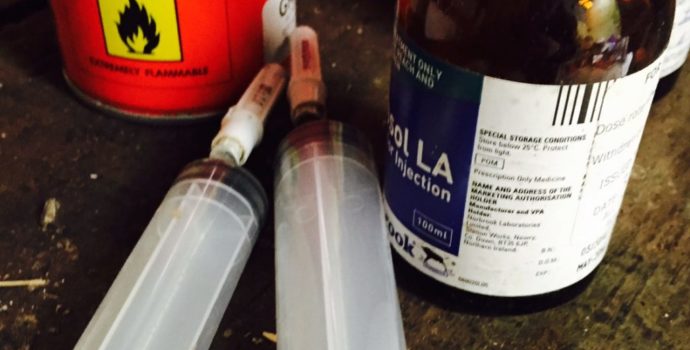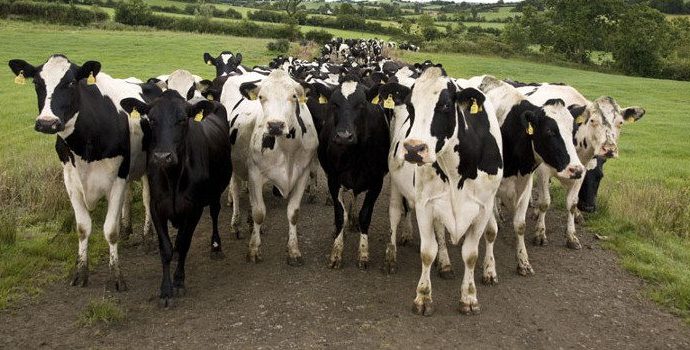Minister Coveney Needs to Make More Progress with the Beef Data and Genomic Programme – IFA

IFA National Livestock Chairman Henry Burns said Agriculture Minister Simon Coveney needs to make more changes to the Beef Data and Genomics Programme, clarify further issues to improve the scheme, and keep farmers on board to get the full benefits.
He said IFA has written to the Minister outlining a number of proposals which have come from farmer meetings around the country, which must be taken on board to improve the scheme.
Henry Burns said the changes Minister Coveney made to the original scheme have been helpful and definitely convinced more farmers to stay with the scheme. Following strong lobbying by IFA, Minister Coveney extended the closing date, agreed to make changes to the 2013 replacement rule, introduced flexibility to allow up to 1,000 applicants use 2015 as the reference year, and removed clawback for farmers selling or transferring their farms. In addition, he said IFA secured a reduction in the genotyping costs from €30 down to €22 per sample.
Henry Burns said it is essential that the review group announced by the Minister meets immediately to commence its work on further changes to improve the scheme.
The IFA Livestock leader said Minister Coveney needs to clarify that farmers currently purchasing replacement females, with genetic evaluations from ICBF as 4 or 5 star, will qualify to meet the BDGP requirements. He said under a strict interpretation of the terms and conditions when these animals are genotyped and possibly drop back to 2 or 3 star, they will not qualify under the scheme and the farmer will be at a loss. He said this is an anomaly which must be rectified immediately by the Minister.
Henry Burns said the inflexibility of the six-year rule and the fear farmers have of the Department applying a clawback on payments already made should they drop out of the scheme remains the major area of concern to most farmers in the scheme. He said this appears to be the main reason why some farmers are dropping out. Henry Burns said the six-year rule needs to be re-accessed in the mid-term review with a suitable break clause and removal of the clawback penalties. ”Minister Coveney needs to back this proposal at this stage and pursue it at EU level.”
The IFA Livestock leader said the scheme must be able to accommodate the shift in the Eurostar ratings that will take place for animals as a result of constant genetic re-evaluation and as more data becomes available. He said the scheme cannot penalise a farmer or deny payments to a farmer, who does everything right and ends up with the wrong animals because of genetic re-evaluations outside his control.
Henry Burns said there is a need to reduce the 60% level of genotyping as it makes no sense for farmers to be incurring unnecessary costs on genotyping male animals in commercial suckler herds that are either going to be exported or slaughtered.
With up to 1,500 farmers having currently withdrawn from the scheme, Henry Burns called on Minister Coveney to allow farmers who did not enter on the original application to do so now. “We believe these people should be allowed enter and this would help balance the drop out numbers of about 1,500.” Henry Burns pointed out that anybody who has withdrawn from the scheme may re-enter at this stage.
In addition, Henry Burns said IFA is proposing that the scheme be reopened in January 2016, to provide applicants with the opportunity to join the scheme next year. He said IFA has proposed an increase in the funding allocation for sucklers. He said this would have a very positive impact on the scheme and confirm a real commitment to the future of the suckler herd.
Henry Burns said the Minister also needs to get the Department to move to just one tag set to cover ID, BVD and genotyping. In addition, the 4 and 5 star rating need to be displayed at marts and the Department needs to assist marts in this process.
The IFA Livestock leader said it is very important that there is a full pay-out of the €52m under the 2015 scheme in December this year as promised and committed by the Minister under the Charter of Rights.




